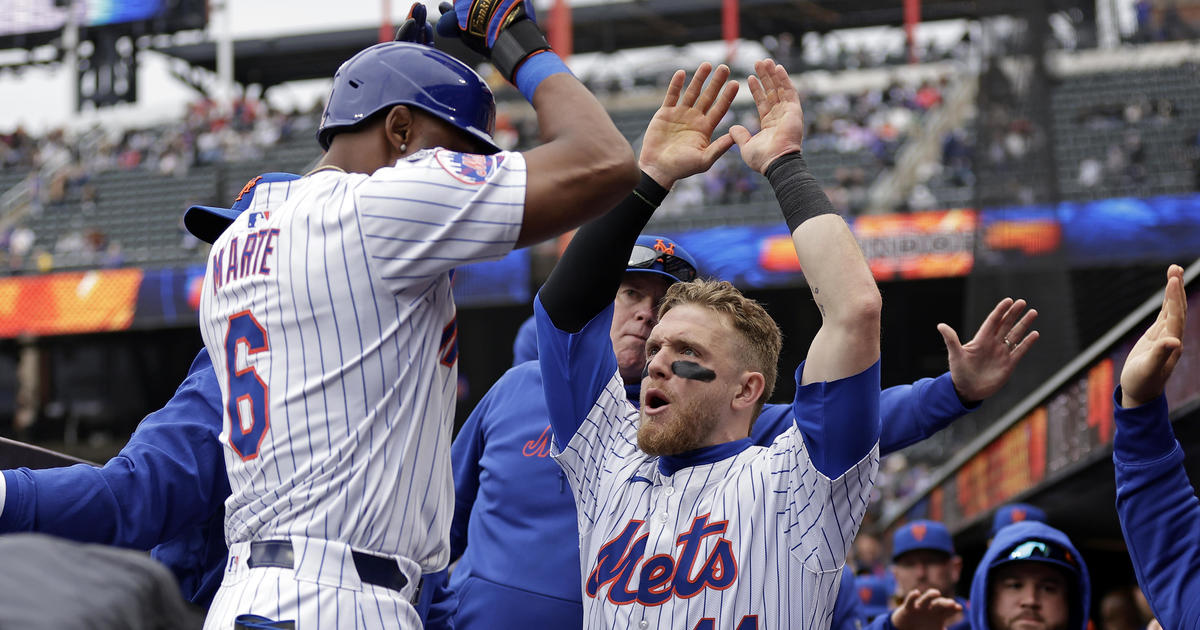Schmeelk: Why Will Carmelo Anthony Opt Out? Risk Management
By John Schmeelk
» More Columns
There should be applause from fans that Phil Jackson and the Knicks' organization are trying to convince Carmelo Anthony not to opt out of his current contract.
For the Knicks, it makes a ton of sense. They get a year under new management to show Anthony how they plan on building the team. More importantly, they will almost have a completely clean slate under which to build their team next offseason. If they can find a way to extricate themselves from Ray Felton and J.R. Smith, their payroll would consist only of Tim Hardaway, Jr. and Pablo Prigioni counting for only $3 million of salary-cap space. Also under contract would be whomever the Knicks draft in the second round if they buy a pick this season, and their first rounder in 2015.
The Knicks would have complete freedom to build their team any way they want, with or without Anthony. Much like the Heat did back in 2010, the Knicks could also work a deal with a package of free agents to come to the team, splitting their salaries among the space they had available. Anthony could put a group together that could include someone like LeBron James, who might be available that offseason. It's too hard to project the potential roster combinations now, but the level of freedom for the Knicks would be off the charts.
Such freedom would also be appealing to Anthony. He would have much more information as to whether staying with the Knicks could truly give him an opportunity to win a title.
Or Melo could choose a number of other teams that are expected to have cap room in 2015. Teams like the Rockets wouldn't have to gut their team to make room for him, and Anthony would find it easier to locate a contending team to join. In 2014, his options are rather limited.
Though I think it's overrated since Anthony already said he would be happy to take less money, he would also potentially be able to make more money over the next six years if he opts in and then signs a max deal. Despite his decisions in the past to maximize his compensation, as evidenced by his own words, he seems to be past that.
Wait a second. So if all that helps Anthony, why would he opt out? Isn't that what the headline said? The answer is simple: security.
He knows that right now he will be able to score a huge contract with guaranteed money for four or five seasons. He is guaranteed to have $90-$120 million coming to him over that period of time. There is no guarantee he will be in a similar situation next offseason. While the NBA does not have the same level of injury risk associated with it as the NFL does, the danger is still there. At any time, a player can rip apart a knee or ankle and have his career derailed. Even though Anthony has been durable (spare some shoulder issues), and hasn't shown the penchant for that type of serious injury, the risk is there.
The payoff for Anthony to opt in is simply not worth the risk of opting out. To put $90-$120 million at risk for a hypothetical greater chance of winning two seasons from now just doesn't pass the risk-reward test.
If I were Anthony, I wouldn't opt in either. That is legitimate life-changing generational money that simply cannot be put at risk. I would be far more willing to sign for far less than the max ($15-$17 million per year) than risk not getting any of the money at all. If I were Anthony, that's what I would do.
And I think that's what he will do.
Schmeelk's Snippets
- I would love to write here that I expect some kind of resolution to the Derek Fisher-to-the-Knicks saga this week, but why would I? It's obvious that Jackson works at his own pace, though I suppose it is encouraging that he recently said the coaching search wouldn't go into July.
Follow John on Twitter @Schmeelk for everything Knicks, Giants, Yankees and the world of sports.
You May Also Be Interested In These Stories



